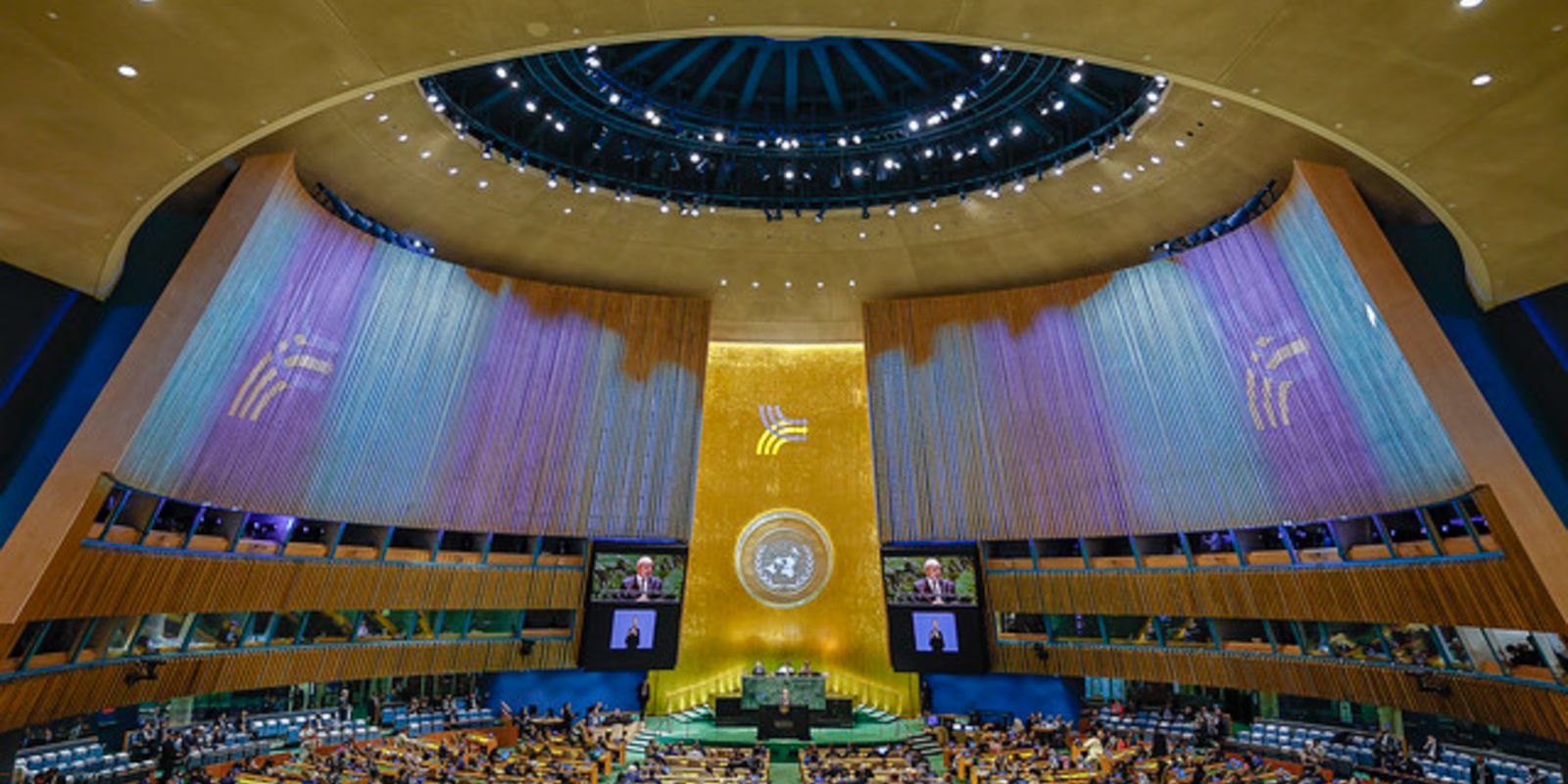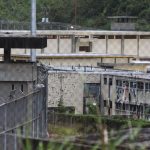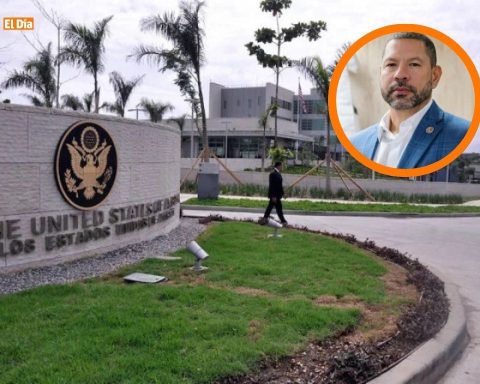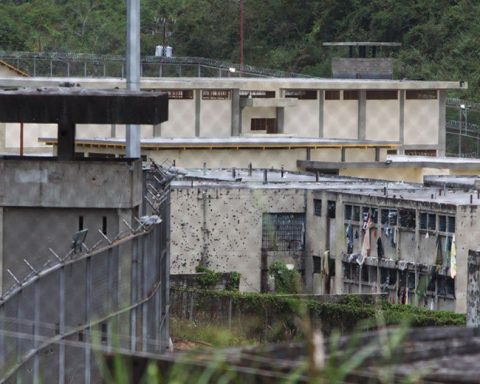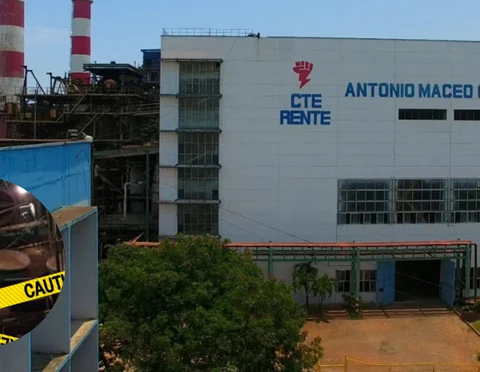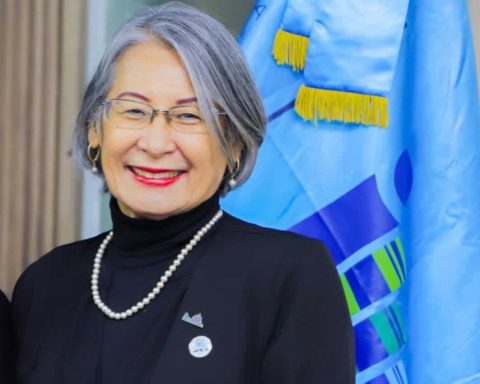Leaders from most countries gathered at the United Nations (UN) Future Summit in New York, United States, signed a document with 56 actions for the future of the planet, this Sunday (22). According to the UN, the document was adopted by consensus, with only seven countries resisting the approval of the Pact for the Future, among them Russia.
The measures set out in the pact include acting ambitiously, quickly and fairly to implement the 2030 Agenda and achieve the Sustainable Development Goals, “leaving no one behind”. The eradication of poverty is placed at the heart of these efforts, according to the pact.
The eradication of hunger, the protection of civilians in armed conflicts, the search for peaceful solutions to conflicts, the fight against transnational crimes, progress towards a world free of nuclear weapons, the protection of traditional knowledge and the transformation of the global governance system are also envisaged.
Regarding the reform of the UN Security Council, there is a commitment to expand the number of members and improve the representation of nations from Latin America, Asia-Pacific and Africa. “We will intensify our efforts in the framework of intergovernmental negotiations on the reform of the Security Council, as a matter of priority and without delay,” the document highlights, among its actions.
Another action in the document is the reform of the international finance architecture. “We will accelerate the reform of the financial system architecture so that it can meet the urgent challenge of climate change.”
Strengthening actions to combat climate change, in fact, is another of the actions foreseen in the Plan. “We are deeply concerned about the current slow pace of progress in combating climate change. We are equally deeply concerned about the continued growth of greenhouse gas emissions and recognize the importance of means of implementation and support for developing countries, and the increasing frequency, intensity and scale of the adverse impacts of climate change, in particular in developing countries, especially those that are particularly vulnerable to the adverse effects of climate change,” says the text.
Read the text in Spanish or in English.
